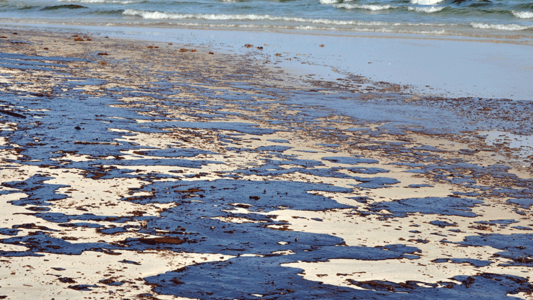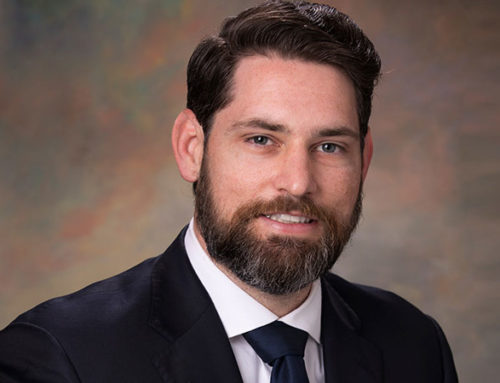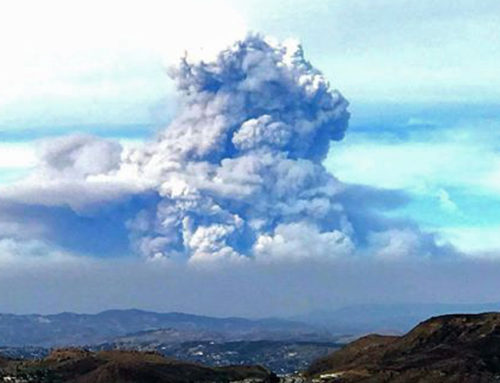A class of plaintiffs injured by the May 19, 2015 Plains oil pipeline rupture and oil spill near Refugio State Beach in Santa Barbara County have filed a motion for class certification. (Keith Andrews, et. al. vs. Plains All American Pipeline, L.P., Case No. 2:15-CV-04113-PSG-JEM, U.S. District Court, Central District of Calif., August 22, 2016)
Plains owns and controls the oil pipeline that runs along the edge of the Pacific Ocean in Santa Barbara County and to inland refineries in Kern County. Last May, the pipeline ruptured on private property, spilling approximately 140,000 gallons of oil and other toxic chemicals onto the beach and into the Pacific Ocean. After the spill, fisheries were closed, oil production was shut down and oil workers were laid off in massive waves, small business suffered, and coastal properties were littered with oil and tar.
The class certification motion seeks to certify a class of plaintiffs injured by Plains’ failure to maintain the pipeline and prevent the rupture and spill. The class includes fishermen and fish processors, oil industry workers, small businesses, and those whose real property was affected.
Four firms seek appointment as class counsel including: Lieff Cabraser Heimann & Bernstein, LLP; Keller Rohrback LLP; Cappello & Noël LLP; and Audet & Partners, LLP. Cappello & Noël is lead trial counsel with managing partner A. Barry Cappello in charge of the trial team.
“We assembled experts on fisheries and the maritime environment, oil pipeline safety, tourism patterns and real estate valuations to gauge the economic impact of the oil spill on the area’s real property, fishing industry, tourism business and the local oil industry where hundreds oil workers have been laid off because of the spill,” says Cappello. “The proposed class is made up of these subclasses whose livelihoods were negatively affected or whose shoreline property was sullied.”
The motion cites the conclusion of the U.S. Department of Transportation’s Pipeline and Hazardous Materials Safety Administration (PHMSA) 510-page “Failure Investigation Report” on the spill. The report found external corrosion thinned Plains’ pipeline walls causing them to burst leading to the oil spill, and concluded that Plains ineffectively protected the pipeline against external corrosion, failed to detect and mitigate the corrosion and failed to timely detect and respond to the rupture.
“We’ll show that damage suffered by the proposed class members is a direct result of Plains’ disregard for numerous pipeline safety warnings and its pattern of reckless and willful misconduct,” says Cappello.






